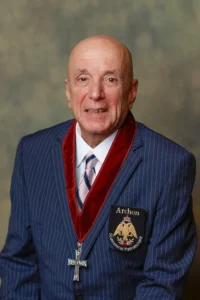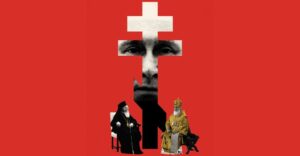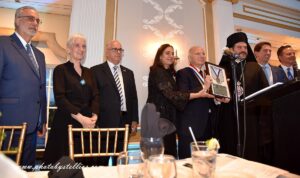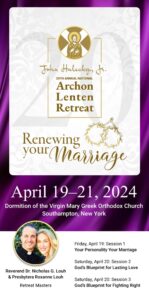Washington, D.C. – The United States Commission on International Religious Freedom (USCIRF) announced its 2015 recommendations to Congress, the White House, and the State Department. Key finding included that Turkish secularism historically has been particularly detrimental to the smallest religious minority communities and their ability to perpetuate their faiths. Per the 1982 constitution, the state has pervasive control over religion and denies full legal status to all religious communities. Other concerns exist, including the listing of religious affiliation on national identity cards, societal discrimination, anti-Semitism, and religious freedom violations in the Turkish-occupied northern part of Cyprus. The overall landscape for democracy and human rights has deteriorated significantly in the last two years, with troubling implications for freedom of religion or belief in Turkey. For these reasons USCIRF again places Turkey on “Tier 2” in 2015.
Congress created the Commission in 1998 through the International Religious Freedom Act. It serves to monitor the status of freedom of thought, conscience, and religion or belief abroad, as defined in the Universal Declaration of Human Rights and related international instruments. It provides independent policy recommendations to the President, Secretary of State, and Congress.
A six-page section is devoted to the current situation in Turkey. Pertaining to the Ecumenical Patriarchate, the Commission’s findings state:
“The Turkish government continues to require that only Turkish citizens can be members of the Greek Orthodox Church’s Holy Synod. Although the Prime Minister in 2010 approved dual citizenship for 25 Metropolitans, others were denied. The government’s role in deciding which individuals may be part of the Greek Orthodox Patriarchate represents interference in its internal affairs. The government also has interfered in the selec- tion process of the Armenian Patriarchate’s leadership. Generally, Turkey denies religious minority communities the ability to train clergy in the country.
“The Greek Orthodox Theological School of Halki remains closed, as it has been since 1971, despite promises and public statements of support for its reopening by President Erdogan and former President Gul. The Armenian Orthodox community also lacks a seminary, however, there are 16 Armenian Orthodox parish schools.”
The commission presses for immediate improvements to end religious freedom violations, stating that Turkey should:
“Fulfill private- and publicly-stated promises that the Greek Orthodox Halki Seminary would be reopened, and permit other religious communities to open and operate their seminaries; and
“Permit religious communities to select and appoint their leadership in accordance with their internal guidelines and beliefs”







